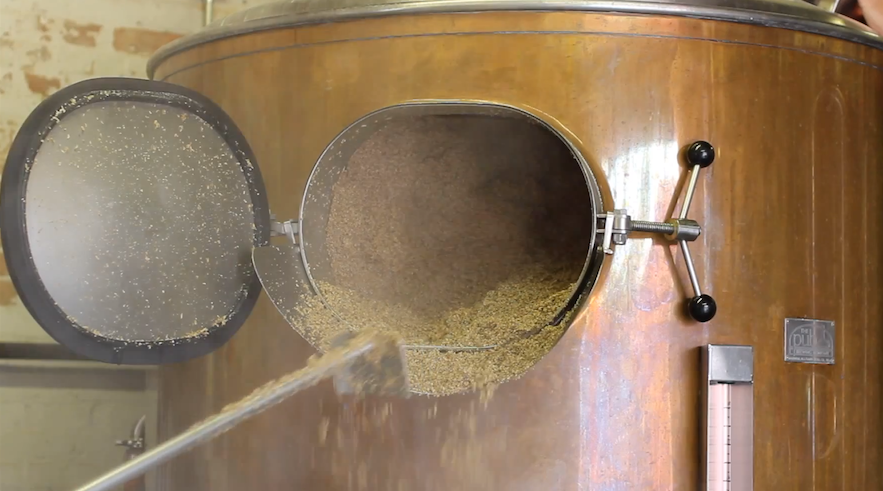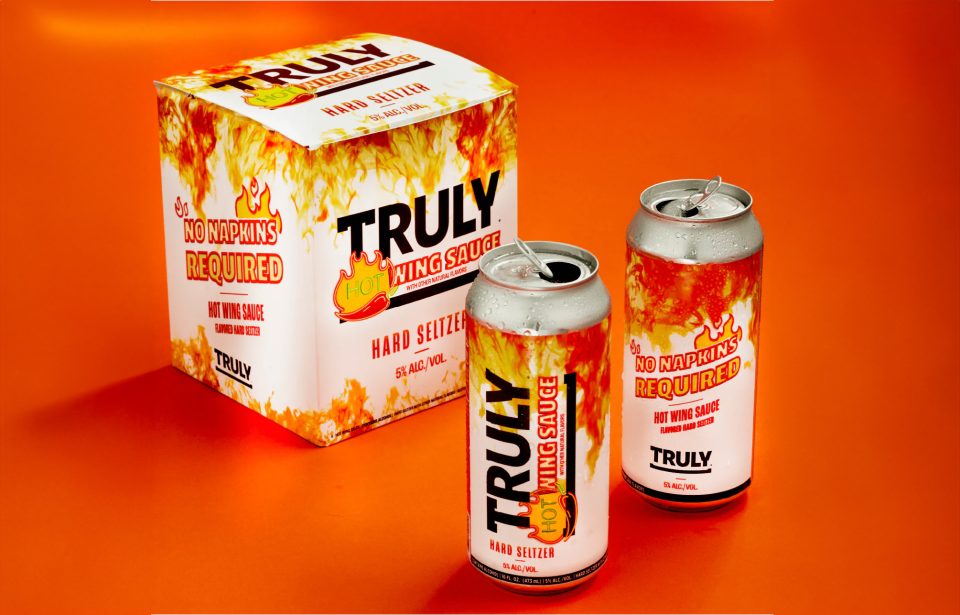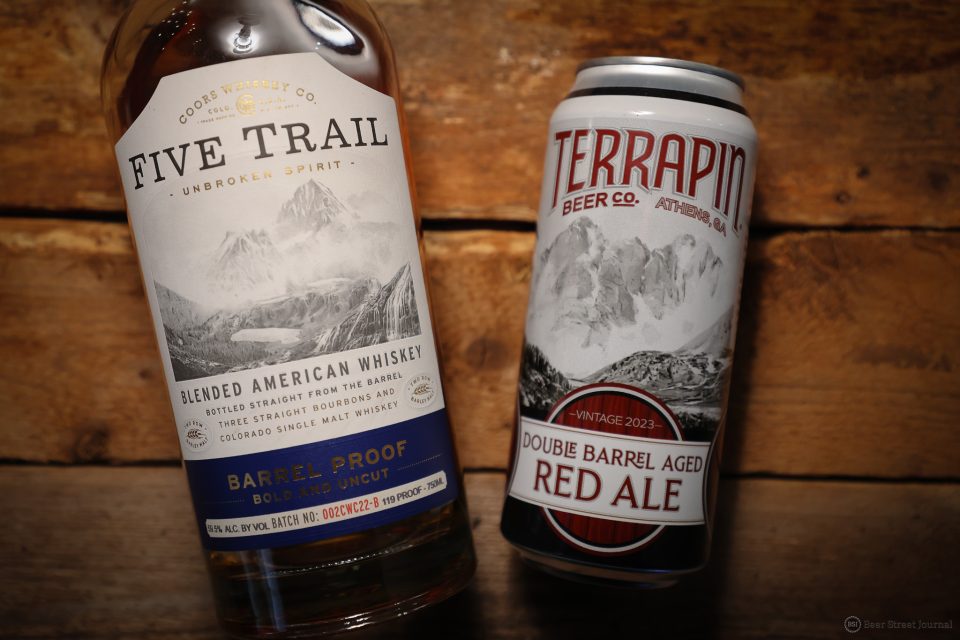Life has a lot of symbiosis. Your lower intestines contain bacteria that break down sugars you can’t digest. Sea anenome help protect the clownfish from predators. Brewers help farmers feed and nourish cattle by passing on their spent grain from the beer making process. The latter goes back for centuries. Thanks to the Federal Food & Drug Administration, that could change.
A new proposed rule would prevent breweries from passing off spent grain to farmers. The rule is meant to “ensure the safety of animal food for animals consuming the food and ensuring the safety of animal food for humans handling the food, particularly pet food…”
The rule essentially would require breweries to dry, analyze and package the grain before sending it to the brewers. All without any of it touching human hands. The process would be too time consuming and too costly for small craft brewers. The grain would have to be dumped. The farmers would be barred from picking it up. The free grain is a big help financially to the farmer, offsetting food costs for the animals.
Public comment on on the proposed rule has been extended until March 31, 2014. The Brewers Association is calling for a brewer exemption for the nearly 3 million pounds of spent grain produced annually each year.
View the proposed rule here: http://www.fda.gov/Food/GuidanceRegulation/FSMA/ucm366510.htm







I would rather see it used for power, spent has no nutritional value and is actually worthless for animals other than filler
The nutritional value is small, but grains are by no means worthless….otherwise the millenia old tradition would never have prospered
Spent grain had all the nutrients extracted, it’s a filler. Cows eat grass. Let then.
Them.
Actually brewers grains are very high in protein (plus calcium). On its own it makes an excellent feed supplement for brood cows similar to range blocks or cake (pressed pellets). It also can be used in a total mixed ration form to increase protein levels in the feed.
Not after they are used in beer. They only have fiber and most animals are already good in that regard.
Anon, if you can find me a brewery that hits 100% sparge efficiency, then your claim would be valid. However, for most small to midsized breweries, it’s closer to 75-80%. Meaning that there are still nutrients left. Nobody’s arguing that this is a primary feed source, but your assertion that it’s nutritionally worthless is just factually wrong.
Put a sock in it. You know nothing about brewing and less about farming.
Anon seems to believe that endless repetition of their baseless claim will render it to be true. It doesn’t work that way. Research is better. http://scialert.net/fulltext/?doi=ajft.2011.763.771
Perhaps the FDA could show where there has been a problem BEFORE proposing a regulatory solution?
The FDA is toxic.
I’m sure companies will be formed to manage the transition of the spent grains. Yes, it will cost extra, and I’m sure it’ll get passed down to us. While it sucks, it does seem like a logical step. I’d be disappointed if they were strictly targeting breweries, vs. all food sources though.
fucking ridiculous
so someone is not getting any $$$ off this that thinks they should be so they concoct this law to disallow it all together? sounds about right. smh
What a crock of sh*t. I can only imagine who the lobbying effort is behind this. Maybe starts with “M” and ends with “O”?
Good to see a bunch of anti-regulation Tea Partiers here
If I’m reading this right, it isn’t that they can’t give spent grain to farmers. It’s just that the brewery can’t doing anything further to it or they will have to implement food safety measures to prevent comingle of a human food and a pet food or a pet food and trash. Mostly because pet foods are held to the same standards as human food. (Believe it or not, there are humans that indulge in pet food.) They will also need to already be within FDA standards to begin with. It’s mostly just paperwork and precautions. They don’t want to allow someone to get sick. Though I’m not with the FDA, I do food safety for a living and some of the verbiage used is sometimes hard to decipher. It shouldn’t affect farmers too much. They just may have to sign that they were taking it to their farm and not selling it as a pet food product…